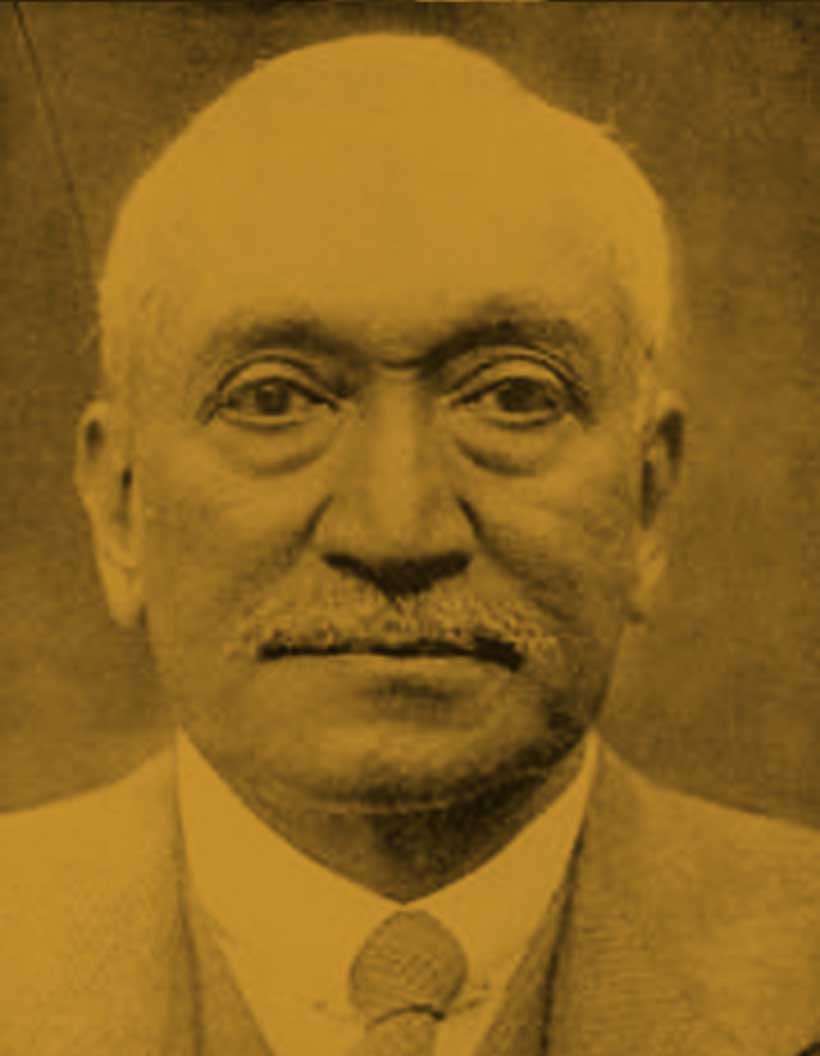Abdullah Yusuf Ali
Ali was born in Bombay, British India, the son of Yusuf Ali Allahbuksh (died 1891), also known as Khan Bahadur Yusuf Ali, originally a Shi'i Isma'ili in the Dawoodi Bohra tradition, who later became a Sunni and who turned his back on the traditional business-based occupation of his community and instead became a Government Inspector of Police. On his retirement he gained the title Khan Bahadur for public service. As a child Abdullah Yusuf Ali attended the Anjuman Himayat-ul-Islam school and later studied at the missionary school Wilson College, both in Bombay. He also received a religious education and eventually could recite the entire Qur'an from memory. He spoke both Arabic and English fluently. He concentrated his efforts on the Qur'an and studied the Qur'anic commentaries beginning with those written in the early days of Islamic history. Ali took a first class Bachelor of Arts degree in English Literature at the University of Bombay in January 1891 aged 19 and was awarded a Presidency of Bombay Scholarship to study at the University of Cambridge in England. A. Yusuf Ali, 1911 (Text & Photo :Wikipedia)

HOLY QURAN
Reynold Alleyne Nicholson (1868-1945), was the greatest Rumi scholar in the English language. He was a professor for many years at Cambridge Universtiy, in In the notes to this copy of the Quran’s translation, Abdullah Yusuf Ali writes, “The first Muslim to undertake an English translation was Dr. Muhammad ‘Abdul Hakim Khān, of Patiala, 1905. Mīrzā Hairat of Delhi also published a translation, (Delhi 1919): the Commentary which he intended to publish in a separate volume of Introduction was, as far as I know, never published. My dear friend, the late Nawwāb ‘Imād-ul-Mulk Saiyid Husain Bilgrāmī of Hyderabad, Deccan, translated a portion, but he did not live to complete his work. The Ahmadīya Sect has also been active in the field. Its Qādiyān Anjuman published a version of the first Sīpāra in 1915. Apparently no more was published. Its Lahore Anjuman has published Maulvi Muhammad ‘Alī’s translation (first edition in 1917), which has passed through more than one edition. It is a scholarly work, and is equipped with adequate explanatory matter in the notes and the Preface, and a fairly full Index. But the English of the Text is decidedly weak, and is not likely to appeal to those who know no Arabic. There are two other Muslim translations of great merit. But they have been published without the Arabic Text. Hafiz Gulām Sarwar’s translation (published in 1930 or 1929) deserves to be better known than it is. He has provided fairly full summaries of the Sūras, section by section, but he has practically no notes to his Text. I think such notes are necessary for a full understanding of the Text. In many cases the Arabic words and phrases are so pregnant of meaning that a Translator would be in despair unless he were allowed to explain all that he understands by them. Mr. Marmaduke Pickthall’s translation was published in 1930. He is an English Muslim, a literary man of standing, and an Arabic scholar. But he has added very few notes to elucidate the Text. His rendering is “almost literal”: it can hardly be expected that it can give an adequate idea of a Book which (in his own words) can be described as “that inimitable symphony the very sounds of which move men to tears and ecstasy.” Perhaps the attempt to catch something of that symphony in another language is impossible. Greatly daring, I have made that attempt. We do not blame an artist who tries to catch in his picture something of the glorious light of a spring landscape.”
